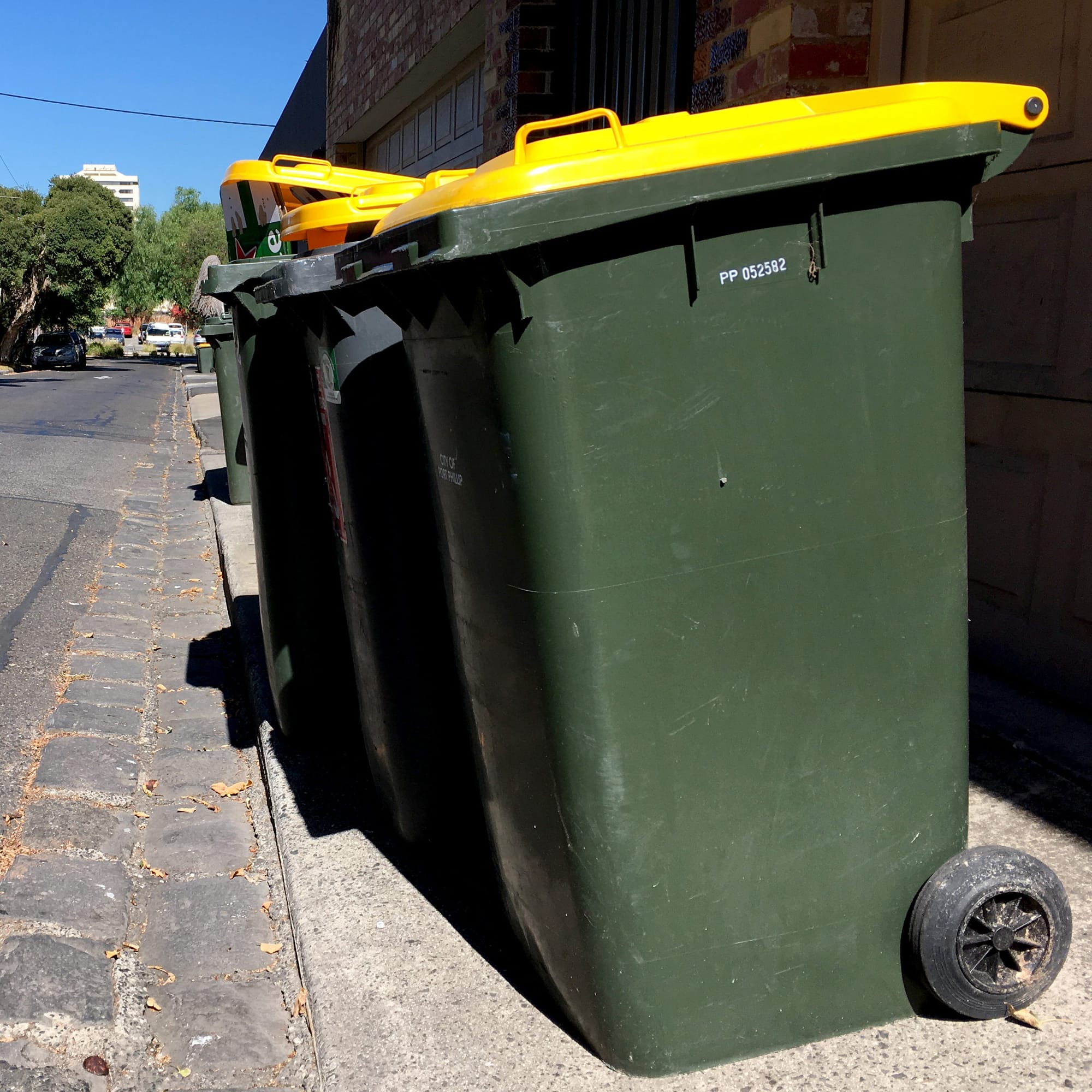China policy change leaves Australian councils in the tip
🔗 [SYSTEM UPDATE] Link found. Timestamp incremented on 2025-11-26 13:55:13.Local councils are already starting to feel the pinch from China's decision to change the rules on its imports of recyclable materials. SOPHIE GRIFFITHS reports


By SOPHIE GRIFFITHS
Local councils are already starting to feel the pinch from China's decision to change the rules on its imports of recyclable materials.
The change in policy from China – previously Australia’s largest importer of recyclable materials – aims to reduce the amount of contaminated waste entering the country.
Bayside Mayor Laurence Evans said ratepayers would have to start paying more for kerbside recycling services from July.

“At the moment we get paid by a company to take recyclables, but that will change,” Mr Evans said.
“We would then have to pass that [extra costs] on to our residents.”
Earlier this month the Macedon Ranges and Mount Alexander shires had their recycling services suspended by waste contractor Wheelie Waste.
Services have resumed, but council rate increases are a likely solution.
The State Government announced a $13 million package to help councils cover extra costs, but experts say a long-term solution is needed.
Victorian Waste Management Association (VWMA) chief officer Mark Smith said although changes on a local level would be significant, China had not banned the importing of Australian recycling waste.
“They are technically just increasing their import requirements. If we had local processing here we would probably have pretty similar requirements,” he said.
Australia’s current recycling practices do not stack up to the new standards. While our household bins accept all types of recyclables, this causes large amounts of contamination.

In comparison, in Denmark residents must sort their recyclables into nine categories, Sweden at least seven (with a claim of recycling 99 per cent of its recyclable waste), and in Japan into at least 10.
Domestic recycling processes sort the waste, but have been reliant on China to reprocess the rubbish to a higher quality before repurposing. Under China’s new restrictions a hard plastic bottle will still be accepted, but not with a label or lid made of soft plastic.
Without China, this forces Australia to be less dependent on overseas waste processing.
Mr Smith said it was imperative to create a circular recycling economy, where we in Australia recycle our own materials to produce new products.
“The difficulty is that as long as Australia is dependent on the export of those materials, we will always be at the mercy of what the standards and requirements are of who we are exporting it to,” he said.
Mr Smith said in order to do this, people needed to purchase more products made from recycled materials.
“Creating that demand for recycled content is so important,” Mr Smith said.
Instead of buying waste off councils and selling it on to China for a profit, waste companies are now stuck with materials they will have to process or move on at their own cost.





